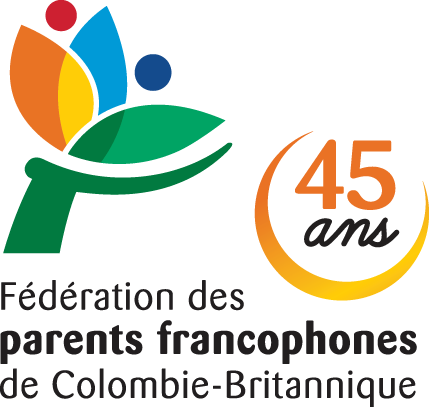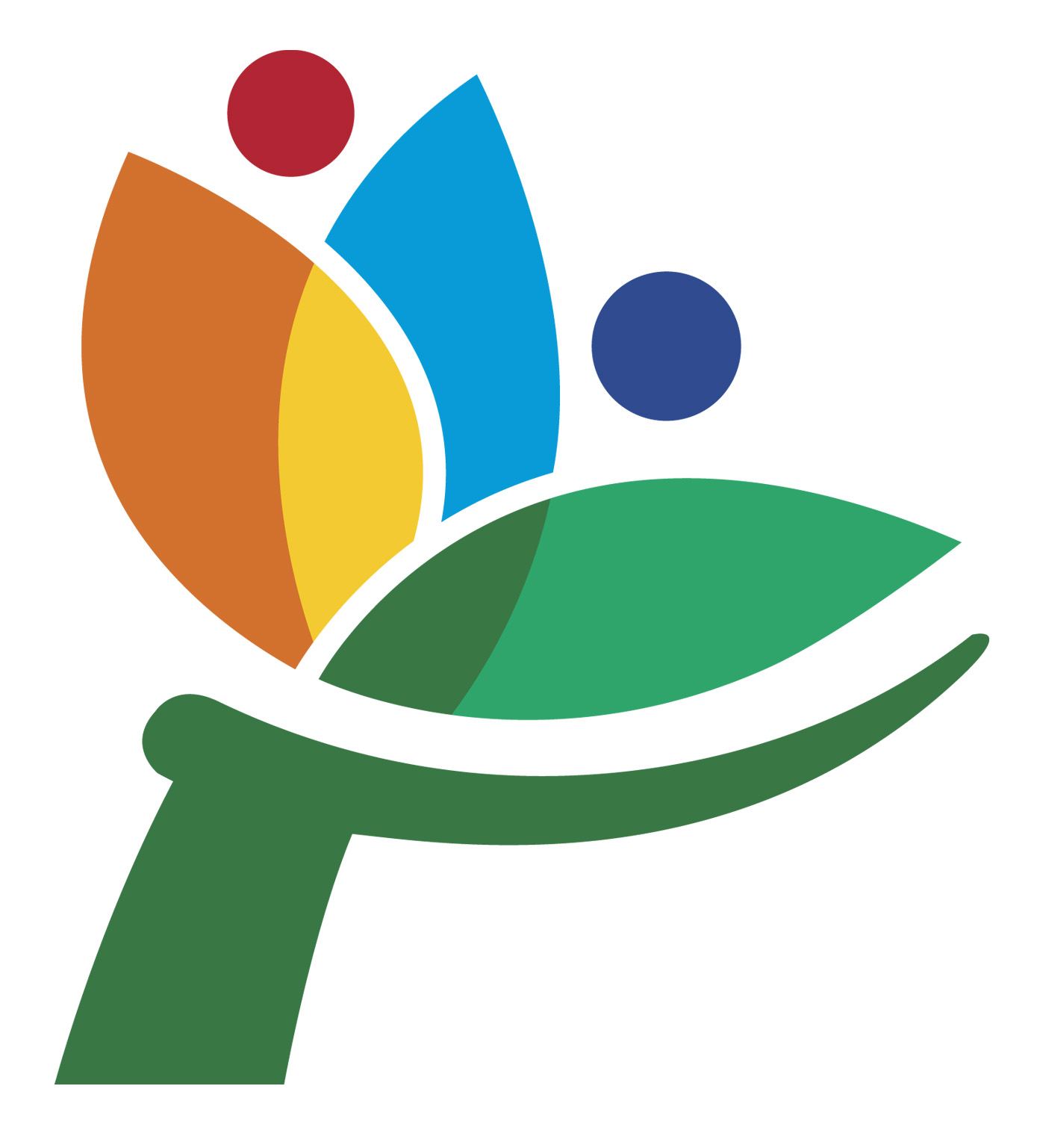Article from Parenthèse published on 24 February 2022, in the Transmission of French Language category.
Have you ever wondered how the brain of a child who grows up with two languages from birth works, compared to that of an adult who learned a second language later in life?
To learn about what psycholinguistics says on this subject, the Comité sécurité linguistique of the Conseil jeunesse francophone de la Colombie-Britannique¹ presented a series of two workshops in February 2022, led by Félix Desmeules-Trudel², a researcher specializing in the psychology of language in monolingual and bilingual children and adults.
About thirty people, including young people, parents, and other members of the Francophone community, participated in this great opportunity to deconstruct some misperceptions about bilingualism.
Myths about bilingualism in young children
The first workshop examined some of the many myths related to bilingualism and learning more than one language, especially during childhood. In particular, Mr. Desmeules-Trudel refuted the belief that children who learn two languages at the same time get “mixed up” and may not master either. This is indeed a myth, as research shows that linguistic “confusion” among young children growing up with more than one language is not only temporary, but also completely normal. In fact, the language skills of these children do develop differently, but at about the same pace as those of monolingual children.
In addition, the researcher mentioned that every child is born with the ability to learn all languages. However, young children’s brains start, very early in their development, and at different times for different aspects of language (sounds, words, sentences), to “specialize,” depending on the language, or languages, to which the children are exposed on a daily basis.
What about bilingualism later in life?
The second workshop discussed the mechanisms of the bilingual brain after languages have been learned. Among other things, the discussion included what happens in the brain of a bilingual person when they have to use one language rather than the other. It appears that, like young children, adults are sensitive to the context for using the different languages they speak, and that they too can “mix” them – although sometimes this “mixing” of languages is a conscious choice, such as when a discussion partner is also bilingual, which makes it possible to switch from one language to another without fear of not being understood!
In addition, Mr. Desmeules-Trudel spoke of the “cognitive consequences” of bilingualism, addressing the question of its potential effects on the onset of dementia. More research is needed, but already some studies indicate, for example, that bilingual people who develop symptoms of Alzheimer’s disease do so, on average, four years later than monolingual people.
These two interactive workshops on a fascinating subject gave rise to very interesting discussions; participants were able to ask questions as well as share their own experiences with bilingualism.
You weren’t able to attend the workshops, but are interested in the theme of bilingual language development in children?
The Fédération des parents francophones de C.-B. offers relevant resources designed to answer the questions that parents living in minority settings ask about their children’s language development. Here are some of them:
- “1 enfant, 2 langues”, a mini-website dedicated to bilingual language development for young children in minority settings (available in English and French);
- “Grandir en français” , a newsletter designed specifically to provide you with information, resources, and advice to ensure successful language transmission (available in English and French);
- Webinar video “Le développement langagier bilingue des enfants de 0 à 6 ans”, in the “Nos vidéos” section of our website (available in French only).
--------------------------------
1 To learn more about the CJFCB’s Comité sécurité linguistique and its projects, visit belinguiste.com (available in French only).
2 To find out more about Félix Desmeules-Trudel and his research, visit his website, https://felixdtrudel.github.io/.
Recent article in Parenthèse
-
 Press release : The 3rd Summit on the Transmission of French Language in British Columbia will be held on March 14, 2025 in Victoria.
11 March 2025
Press release : The 3rd Summit on the Transmission of French Language in British Columbia will be held on March 14, 2025 in Victoria.
11 March 2025
-
 The Fédération des parents supports APÉs in their efforts to welcome and integrate parents recently settled in the province
21 February 2025
The Fédération des parents supports APÉs in their efforts to welcome and integrate parents recently settled in the province
21 February 2025
-
 Parental commitment seen from the perspective of parents’ associations
21 February 2025
Parental commitment seen from the perspective of parents’ associations
21 February 2025
-
 The Role of Parents in the Transmission of French in Minority Settings
21 February 2025
The Role of Parents in the Transmission of French in Minority Settings
21 February 2025
-
 Francophone child care centres in British Columbia are in full expansion!
21 February 2025
Francophone child care centres in British Columbia are in full expansion!
21 February 2025
-
 Does your child attend a CSF school and you wonder how we came to have this choice in British Columbia?
20 February 2025
Does your child attend a CSF school and you wonder how we came to have this choice in British Columbia?
20 February 2025
-
 45th Annual General Meeting: A Time for Gathering and Productive Discussions
16 December 2024
45th Annual General Meeting: A Time for Gathering and Productive Discussions
16 December 2024
-
 Surrounded by parents and partners, the Fédération des parents celebrates its 45th anniversary!
16 December 2024
Surrounded by parents and partners, the Fédération des parents celebrates its 45th anniversary!
16 December 2024



